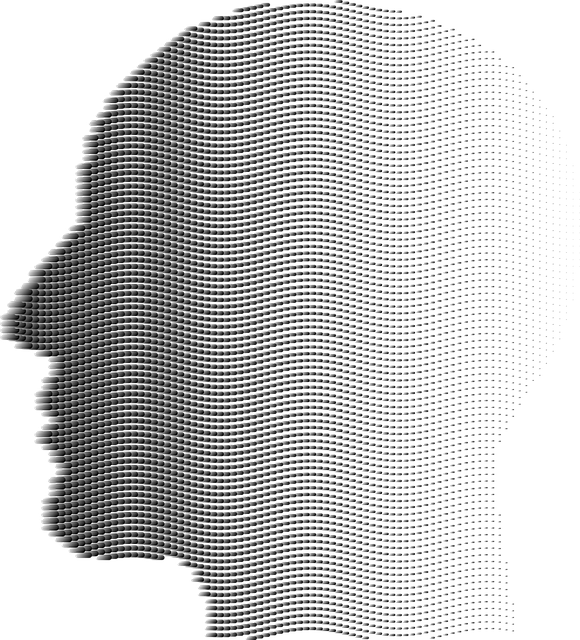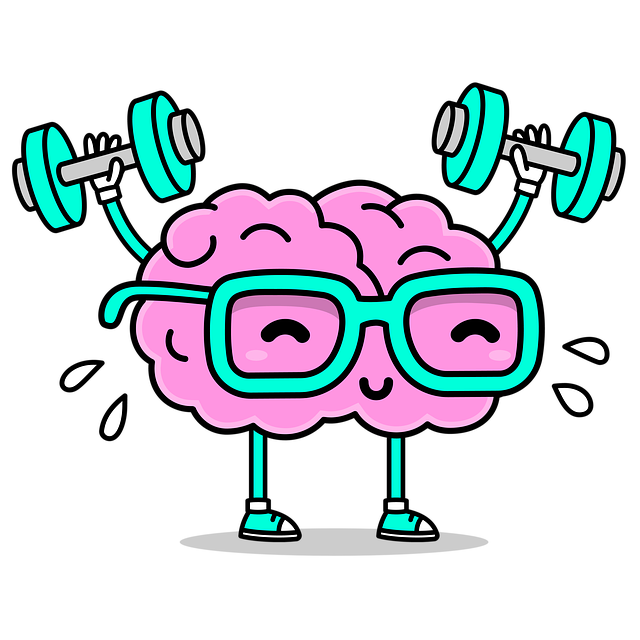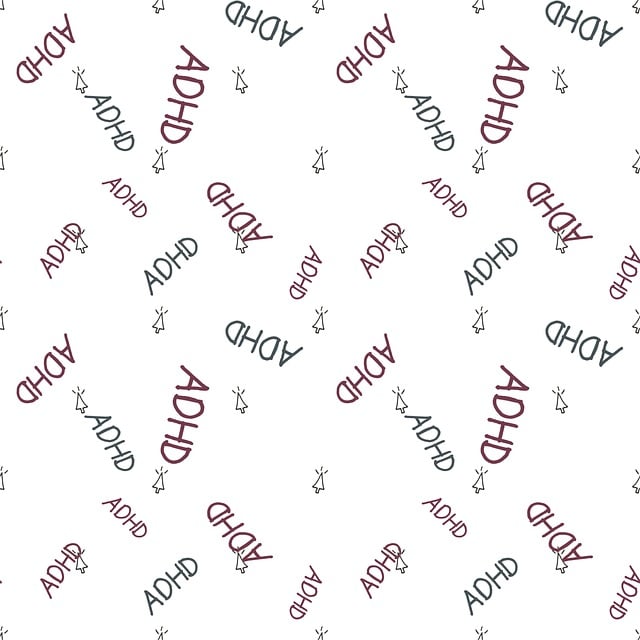Mental wellness programs, enhanced by evidence-based practices like Highlands Ranch EMDR Therapy, utilize a combination of quantitative and qualitative methods for rigorous evaluation. This approach assesses both program outcomes and quality, ensuring tailored interventions that align with diverse communities' values. Highlands Ranch EMDR Therapy facilitates the reprocessing of traumatic memories, leading to significant mental health improvements. Through structured assessments, public awareness, and crisis intervention, these programs measure success, track participant outcomes, and foster continuous improvement for better mental well-being.
“In today’s focus on holistic well-being, evaluating mental wellness programs is paramount. This article navigates the intricate process, offering insights into understanding and assessing various interventions. We explore the unique contribution of Highlands Ranch EMDR Therapy as a powerful evaluation tool. From traditional to innovative methods, we delve into techniques that measure success and foster continuous improvement. By examining these approaches, professionals can optimize mental health program outcomes.”
- Understanding Mental Wellness Programs and Their Evaluation
- The Role of Highlands Ranch EMDR Therapy in Program Assessment
- Common Evaluation Methods for Mental Health Interventions
- Measuring Success: Tools and Techniques for Continuous Improvement
Understanding Mental Wellness Programs and Their Evaluation

Understanding Mental Wellness Programs and Their Evaluation
Mental wellness programs are designed to support individuals in managing and improving their psychological well-being. These initiatives often incorporate various therapeutic approaches, such as Highlands Ranch EMDR Therapy, mindfulness practices, cognitive-behavioral techniques, and empathy building strategies. Evaluating the effectiveness of these programs is crucial for ensuring they meet their intended goals and positively impact participants’ lives. A comprehensive evaluation process involves assessing both the program’s outcomes and its overall quality, which can be achieved through quantitative metrics, qualitative feedback, and observations.
By integrating mental wellness podcast series production techniques, professionals can gather valuable insights from diverse perspectives. This multi-method approach, coupled with cultural sensitivity in mental healthcare practice, allows for a nuanced understanding of participants’ experiences. Evaluations should consider not only individual improvements but also the program’s alignment with cultural values and beliefs, ensuring that interventions are inclusive and effective across different communities.
The Role of Highlands Ranch EMDR Therapy in Program Assessment

Highlands Ranch EMDR Therapy plays a pivotal role in evaluating mental wellness programs, offering a structured approach to assess and enhance various therapeutic interventions. This evidence-based method, incorporating Eye Movement Desensitization and Reprocessing (EMDR), facilitates deep exploration of traumatic memories and emotional responses. By engaging clients in a unique bilateral stimulation process, therapists can help individuals reprocess distressing events, leading to significant improvements in mental health outcomes.
The integration of Highlands Ranch EMDR Therapy within mental health education programs design proves invaluable. It empowers evaluators to gauge the effectiveness of stigma reduction efforts initiated to foster Mental Health Awareness. Through meticulous assessment, this approach ensures that programs are tailored to address specific needs, ultimately contributing to improved mental illness management and well-being for participants.
Common Evaluation Methods for Mental Health Interventions

In evaluating mental wellness programs, particularly those offering innovative therapies like Highlands Ranch EMDR Therapy, several common methods are employed to assess their effectiveness. These include qualitative and quantitative assessments tailored to measure specific outcomes. Qualitative evaluations often involve in-depth interviews or focus groups where participants share their experiences, providing insights into the program’s impact on their mental health and well-being. This approach captures individual narratives, offering a rich understanding of how the therapy addresses personal challenges, such as anxiety relief or empathy building strategies.
Quantitative methods, on the other hand, rely on surveys, scores, and metrics to gauge progress. These tools measure changes in symptoms over time, providing numerical data on improvements in areas like stress reduction methods. By combining these evaluation techniques, mental health professionals can gain a comprehensive view of a program’s success, identifying areas of strength and weakness for continuous improvement, ensuring the program aligns with its initial goals and delivers tangible benefits to participants.
Measuring Success: Tools and Techniques for Continuous Improvement

Measuring success is a critical aspect of any mental wellness program, including Highlands Ranch EMDR Therapy. It involves using robust tools and techniques to assess the impact and effectiveness of interventions. One effective method is tracking participant outcomes through structured assessments before, during, and after therapy. These evaluations can highlight improvements in symptoms, emotional regulation, and overall well-being.
Additionally, public awareness campaigns development and crisis intervention guidance play a significant role in fostering continuous improvement. By raising awareness about mental health issues, these campaigns increase access to support services and encourage early interventions. Such proactive measures complement the therapy process, ensuring that participants not only receive immediate relief but also develop long-lasting coping strategies for emotional regulation.
In conclusion, evaluating mental wellness programs is a multifaceted process that requires a blend of qualitative and quantitative methods. As highlighted by the discussion on Highlands Ranch EMDR Therapy, various techniques like client feedback, clinical interviews, and standardized assessments play pivotal roles in understanding program effectiveness. By adopting common evaluation methods and leveraging tools for continuous improvement, mental health interventions can be refined to better support individuals seeking wellness. This ensures that programs remain dynamic, responsive, and ultimately more successful in fostering positive mental health outcomes.














